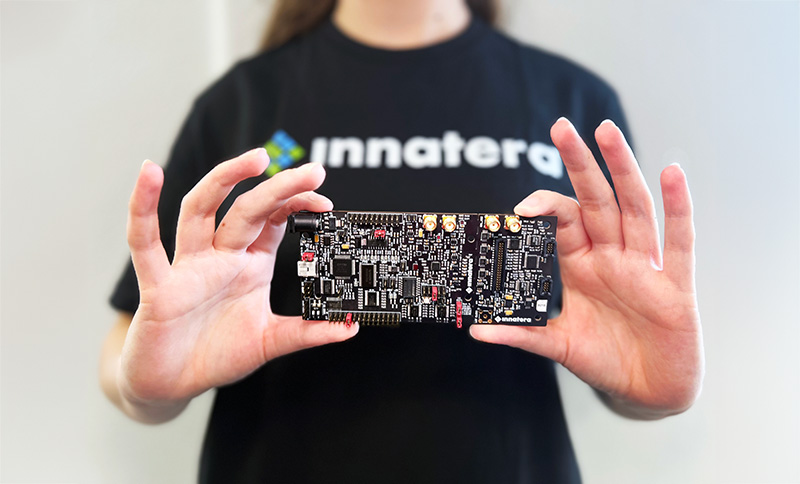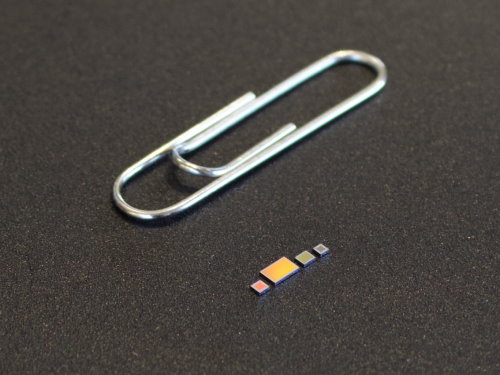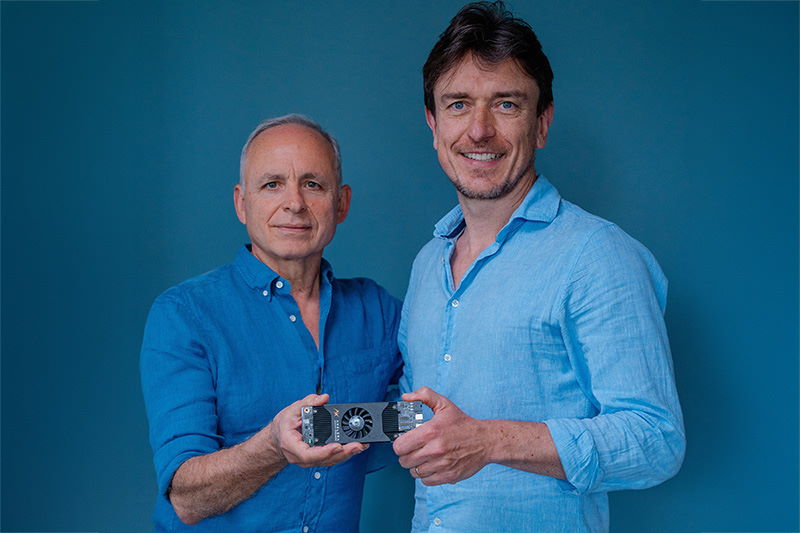Your cart is currently empty!
Innatera bags another €5M for neuromorphic edge AI processor
Innatera Nanosystems has announced the oversubscription of its Series A funding round, securing a total capital influx of almost 20 million euros. This includes the 15 million euros raised earlier this year, augmented by an additional 5 million from Innavest (a consortium of private investors and entrepreneurs) and Invest-NL. With the money, the Delft University of Technology spinoff aims to bring its ultra-low-power neuromorphic processors to a billion sensors and sensor-based devices by 2030.

According to Innatera, its flagship product, the spiking neural processor T1, unveiled last January, represents a paradigm shift in energy-efficient AI for sensor-edge applications. Incorporating the company’s proprietary event-driven computing engine alongside a conventional convolutional neural network accelerator and RISC-V CPU, the T1 platform offers sensor-agnostic ultra-low-power AI in battery-powered devices. In its roadshows through 2023 and 2024, Innatera showcased its neuromorphic solutions applied to wearables, smart home and consumer electronics applications.
With multiple customer engagements ongoing, Innatera says that traction for neuromorphic technologies has been growing steadily, as vendors start to develop true edge AI applications independent of the cloud. While power-constrained applications have been center-stage in most engagements, privacy and latency concerns are also driving more customers down the neuromorphic path. The T1 is slated to enter production later this year, with high-volume deliveries starting in Q2 of 2025.
“Our latest offering is radical in terms of its architecture and its efficiency, yet it only scratches the surface of what neuromorphic computing can do for edge applications,” says Innatera CEO Sumeet Kumar. “I’m excited by the opportunities ahead of us and the work we’ll be doing to leverage the full potential of this technology together with our customers and strategic partners. This Series A funding will accelerate our journey towards mass production and enable us to meet the burgeoning demand for energy-efficient computing solutions.”


